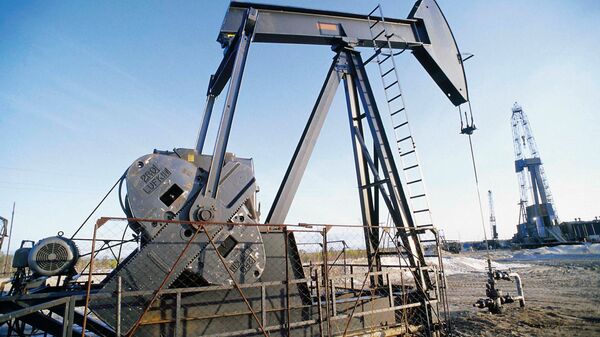Energy XXI, which owes $3.4 billion, missed an $8.8 million interest payment on its bonds last week, and SandRidge, which owes $4.2 billion, missed a $21.7 million bond interest payment.
In addition to selling high-yield bonds, the value of which lost 24 percent last year for the energy sector as a whole, those companies have borrowed money from banks including Royal Bank of Scotland Group Plc, UBS Group AG and BNP Paribas SA, Barclays Plc, Royal Bank of Canada and Morgan Stanley.
"We are at the very beginning of the next wave of energy defaults," Paul Halpern, chief investment officer at Versa Capital Management, told Bloomberg.
The risk of default has led banks to increase their reserves to protect against potential loans losses; on Tuesday investment bank JP Morgan announced that it has added around $500 million to its reserves to protect against loans losses in the oil and gas sector in the first quarter of 2016.
"The additional reserves bring the amount that J.P. Morgan has set aside to cover losses in the battered energy space to $1.3 billion, after reporting more than $800 million in oil-and-gas loan-loss reserves at the end of 2015. The bank also said that nearly 40 percent of its loan exposure in the sector is to energy and production companies," Marketwatch reported.





